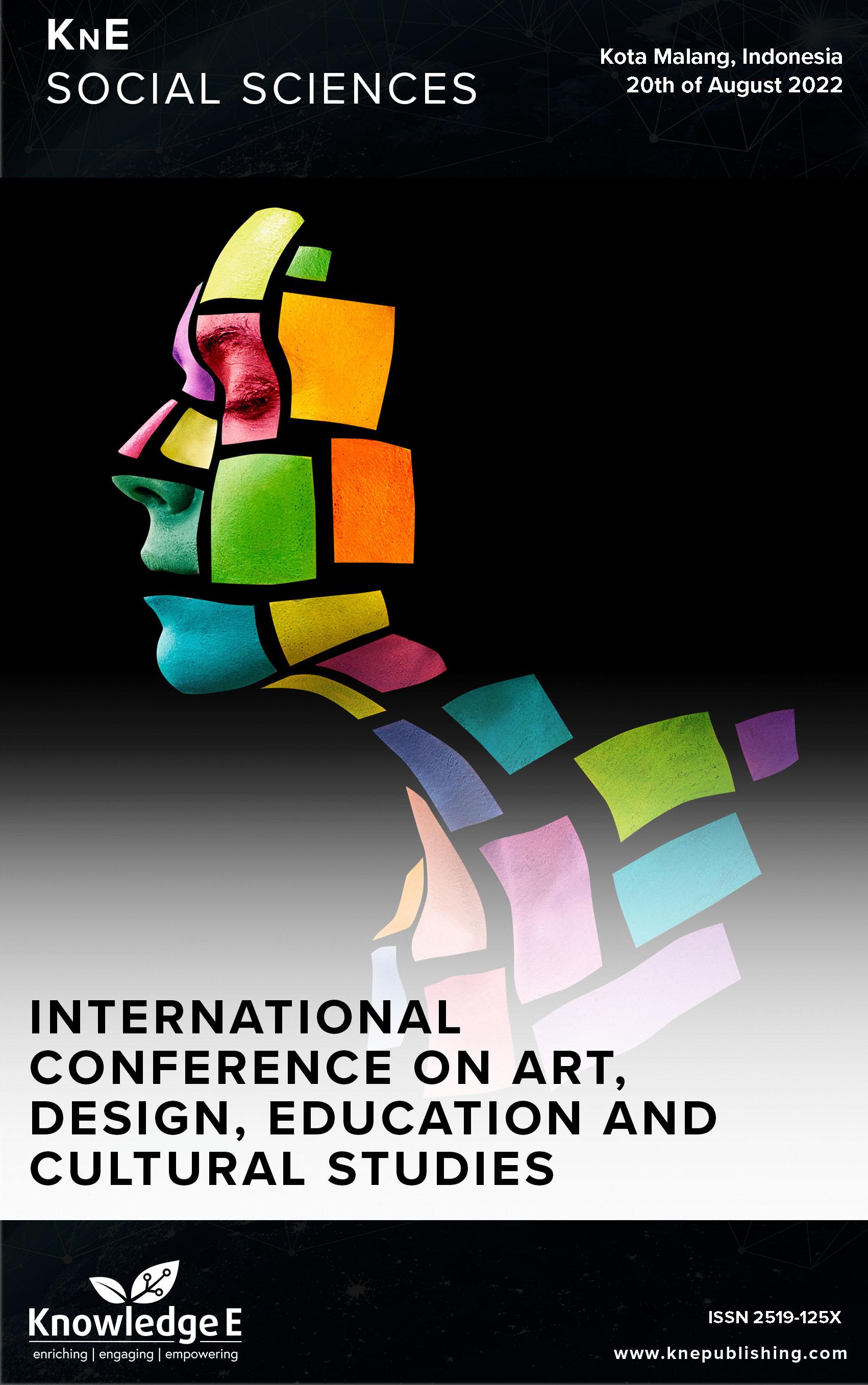Tourist Attraction Commodification in the Wayang Topeng Performance in Malang
DOI:
https://doi.org/10.18502/kss.v8i15.13931Abstract
Wayang Topeng is a drama-shaped performance by dancers wearing masks who hide their faces, carrying essential and symbolic purposes.Wayang Topeng performances are always associated with rites as a medium of worshipping ancestral spirits. Today,Wayang Topeng is undergoing a change, from a routine event to a show for tourists held by one of the hotels in Malang city. This change in the performance’ format from a stage show to a tourism packaging show, made the Wayang Topeng experience a shift in its values and original meaning. It is suspected that it has shifted the cultural values that were once a part of traditional culture to the direction of mass culture. This phenomenon is not only seen as an adjustment to the media format, but as a form of commodification. This research seeks to uncover forms, processes, ideologies, and powers related to the commodification of the Wayang Topeng performance. This qualitative research uses interview data and observations which were analyzed using the interpertation technique.The method used was the art phenomenology research with a study of critical discourse analysis. From this analysis of the Wayang Topeng performance through interviews with several sources and combined with relevant literature, the results show that: (1) content commodification happened in the Wayang Topeng performance, and (2) the ideology behind the process of commodification is capitalism. The power behind commodification is market power.
Keywords: commodification, mass culture, Wayang Topeng
References
[2] Kuntowijoyo. Budaya dan Masyarakat. Yogjakarta: Tiara Wacana. 1987.
[3] Sugiyono MP. Mixed Methods. Bandung: Alfabeta; 2014.
[4] C Barker, Kamus KB. Yogjakarta: Kanisius. 2014.
[5] Subrata IW. Komodifikasi tari Barong. Surabaya: Paramita; 2014.
[6] Curran JM. Mass Media and Society. New York: Arnold; 1996.
[7] Ibrahim IS. Komunikasi dan Komodifikasi. Jakarta: Yayasan Pustaka Obor Indonesia; 2014.
[8] J Lull. Media. Komunikasi Kebudayaan : Suatu Pendekatan Global, Jakarta: yayasan Obor Indonesia. 1998.
[9] Pilliang YA. Sebuah Dunia Yang Dilipat: Realitas Kebudayaan Menjelang Milenium Ketiga dan Matinya Posmpdernisme. Bandung: Mizan; 1998.
[10] T. &. K. D. Hilde, Media Culture: Cultural Studies, Identity and Politics between the Modern and the Postmodern. S Cent Rev. 1996.

